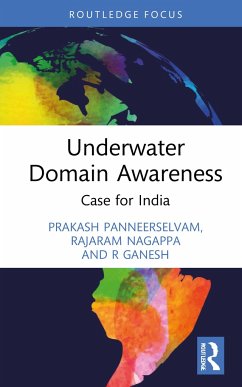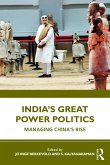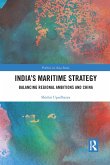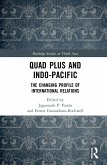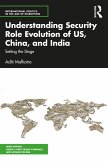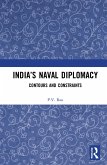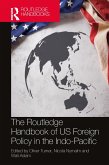This book presents a comprehensive analysis of the emerging underwater challenges facing India in the Indian Ocean region. With major economic powers like China, the United States, and Russia modernising their submarine fleets and building advanced unmanned underwater vessels to enhance surveillance capabilities, the competition in the Indo-Pacific underwater domain has intensified.
The book
· Focuses on the issues of detecting, tracking, and classifying submarines/underwater drones in the Indian Ocean.
· Examines the Indian Navy's present anti-submarine warfare (ASW) capabilities in combating underwater threats and discusses the scope for inter-agency, inter-departmental cooperation framework to monitor the undersea activity in the region.
· Studies the naval composition and strengths of India and other countries in the neighbourhood and reviews maritime domain awareness practices employed by leading navies including NATO for submarine detection.
· Assesses the technology development efforts to deal with these challenges and brings out recommendations.
An expert study of undersea surveillance, this book will be indispensable to students and researchers of military and strategic studies, defence studies, critical security, conflict resolution, intelligence studies, and security studies. It will also be of interest to governments, naval establishments, think tanks, and public policy institutes.
The book
· Focuses on the issues of detecting, tracking, and classifying submarines/underwater drones in the Indian Ocean.
· Examines the Indian Navy's present anti-submarine warfare (ASW) capabilities in combating underwater threats and discusses the scope for inter-agency, inter-departmental cooperation framework to monitor the undersea activity in the region.
· Studies the naval composition and strengths of India and other countries in the neighbourhood and reviews maritime domain awareness practices employed by leading navies including NATO for submarine detection.
· Assesses the technology development efforts to deal with these challenges and brings out recommendations.
An expert study of undersea surveillance, this book will be indispensable to students and researchers of military and strategic studies, defence studies, critical security, conflict resolution, intelligence studies, and security studies. It will also be of interest to governments, naval establishments, think tanks, and public policy institutes.

